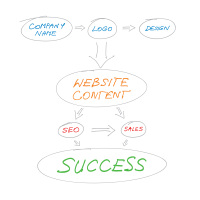
According to a recent article in the Nashville Business Journal, the Tennessee Supreme Court is considering imposing tighter restrictions on attorney advertising, including disallowing the use of actors, celebrity endorsements, and other advertising tools.
In May, 2012, the Tennessee Association for Justice (TAJ) filed a petition with the Supreme Court to amend the Rules of Professional Conduct relating to attorney advertising. Later that year, the TAJ filed a brief in support of the petition, and attorney Matthew C. Hardin filed a separate petition proposing related but distinct amendments. The Court asked for additional briefing to assist in the review of the matter, and both parties filed additional briefs in November, 2012. The Court also opened the issue up for public comment, and the period for comment ended on January 25, 2013. No decision has been handed down yet.
The full article can be read here and the petitions by the TAJ and Mr. Hardin can be read here.






























 The keyword lists you generate during the research phase of your Web content strategy are only suggestions of what MAY work. To truly unearth the money-making keywords, you have to evaluate these keywords based on the following three points:
The keyword lists you generate during the research phase of your Web content strategy are only suggestions of what MAY work. To truly unearth the money-making keywords, you have to evaluate these keywords based on the following three points:







